INTRODUCTION
Ireland is right now one of the most popular destinations for Overseas Education. With beautiful locales and world-class education, Ireland offers the opportunity to explore various areas of study and research. Right now, it is one of the most popular destinations and many people call Ireland home as the general quality of life is pleasant students get to experience this in abundance. So Study in Ireland and create a better future for yourself.
Hurray, Overseas Education Consultants in Bangalore, aims to provide just the right kind Overseas Education experience so that aspirants can, utilize. Yet candidates have multiple queries. Here is some information that can help you.
Here are a few FAQs regarding Studying Abroad in Ireland.
1. What are my options as a postgraduate student in Ireland?
Once you have achieved an undergraduate degree i.e. a Bachelor’s degree, there are primarily two major options for postgraduate study in Ireland:
Postgraduate diploma: It is typically shorter than a Master’s programme, involving taught coursework. It is a supplement to an undergraduate degree, oriented towards development and upskilling for career advancement.
Master’s degree: It is typically of 1-2 years’ duration, based on taught coursework and/or research. It involves a more advanced level of study than that taught at the Bachelor’s level.
A Master’s degree is required for admission to a PhD programme.
2. What are the eligibility criteria for admission into an Irish university?
For entry into a Master’s programme, the entry requirement for an Indian student is a Bachelor’s degree awarded by a recognised Indian university. Indian 3-year degrees i.e. BA, BSc or BCom are accepted.
The Indian Bachelor’s degree must be the equivalent of either an Irish First Class i.e. with an overall percentage of 75%, or of an Irish 2:1 i.e. with an overall percentage of 65%, with the required score depending on the programme.
3. What are the language requirements for admission into an Irish university?
Programmes in Ireland are taught in English. Non-native English speakers will be required to provide proof of sufficient proficiency in the language, in order to be considered for admission.
The preferred international language test accepted by Irish universities is IELTS. Each university/programme sets its own minimum required score, which usually does not dip below 6.5 overall with no individual band score below 6.0.
However, institutions may also consider other international language tests, including TOEFL and PTE Academic.
4. When can I start my course in Ireland?
Universities in Ireland have two major intakes in a year at the beginning of its 2 major semesters. While in India, students can only enter university in the first semester, in Ireland, students have the ability to commence their studies in whichever term suits them, subject to various factors including course availability.
Intakes:
Autumn/Semester 1: commences in September
Spring/Semester 2: commences in January
For more information regarding these and other dates, check out our dedicated blog posts on University intake timeline: Ireland.
5. How much will it cost to study in Ireland?
Tuition fees for a Master’s programme ranges from 13000-30000 Euros per annum, varying as per factors such as the subject of the study or the university – the fees for a course in the Arts and Humanities would usually average lower than the fees for a course in a STEM-designated subject.
Application for an Irish student visa requires you to show proof of sufficient funds to cover the cost of living. The cost of living ranges between 7000-15000 Euros per annum, with costs outside of the capital city of Dublin usually averaging lower.
The Visa application fee is 60-100 Euros, depending on whether it is a single- or multiple-entry visa.
6. Are there scholarships available to help fund my studies in Ireland?
There are a number of scholarships available for international students studying in Canada, offered by the Home or Destination State, by independent funding agencies, or by the concerned universities.
7. Can I work while I study in Ireland?
International students from outside the EEA, require a Stamp 2 permission on their Student Visa, in order to be permitted to work up to 20 hours a week during the semester, and up to 40 hours a week during the designated holiday period i.e. June-September and 15 December to 15 January. Students with Stamp 2A are not permitted to work.
8. Can I stay back and work in Ireland after I graduate?
Within 6 months of graduation, a non-EEA international student can apply for the Irish Third Level Graduate Scheme which permits international non-EEA international students to remain in Ireland for a period of 24 months after the successful completion of a programme to work full-time i.e. 40 hours a week, or to apply for a work permit to remain in the country post-expiry of the scheme.
If you have more questions, or would like more detailed information regarding studying abroad in Ireland, the Hurray Overseas Study Consultants in Bangalore, can assist you. Get in touch with us via email: overseaseducation@hurrayedutech.com, or phone: 8971357928, for more details.
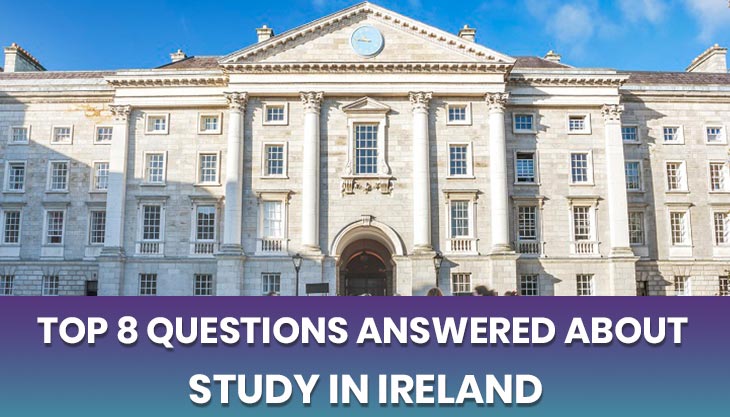



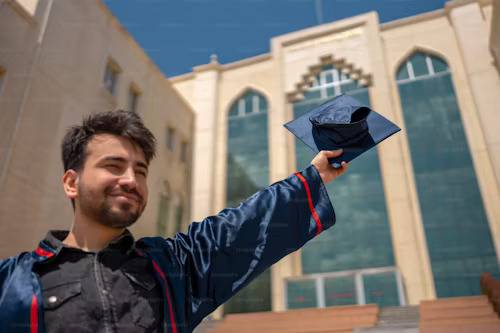
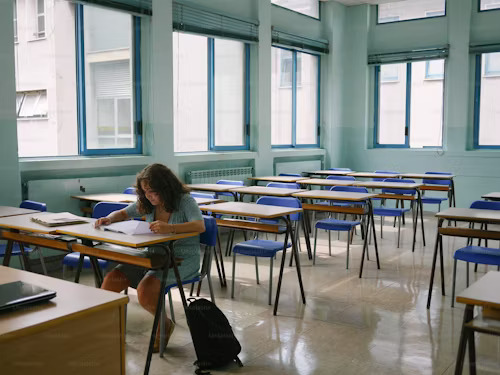
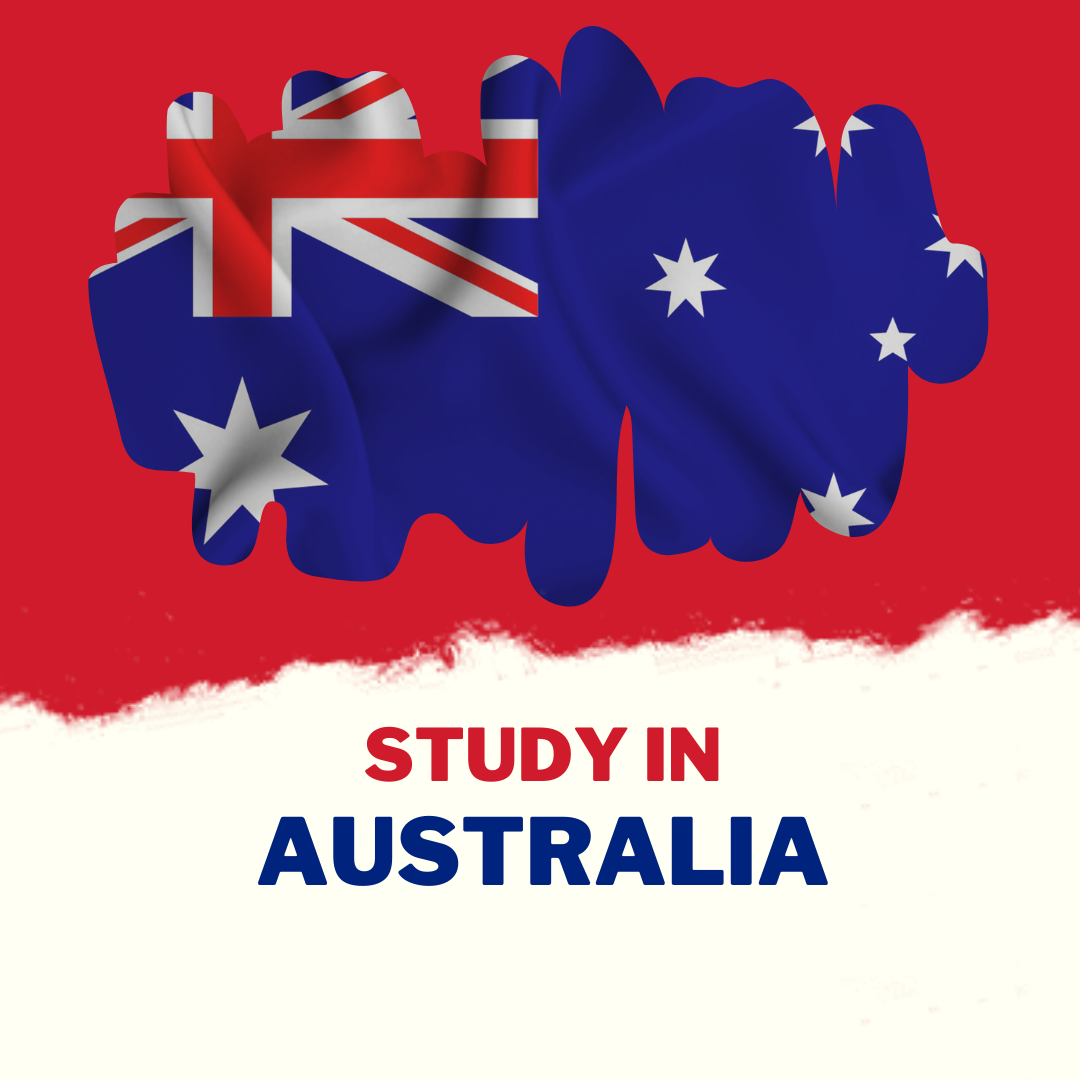
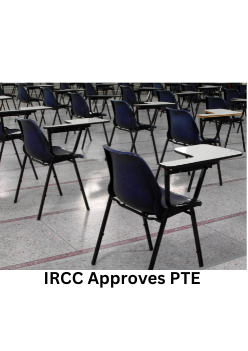



Post Comments